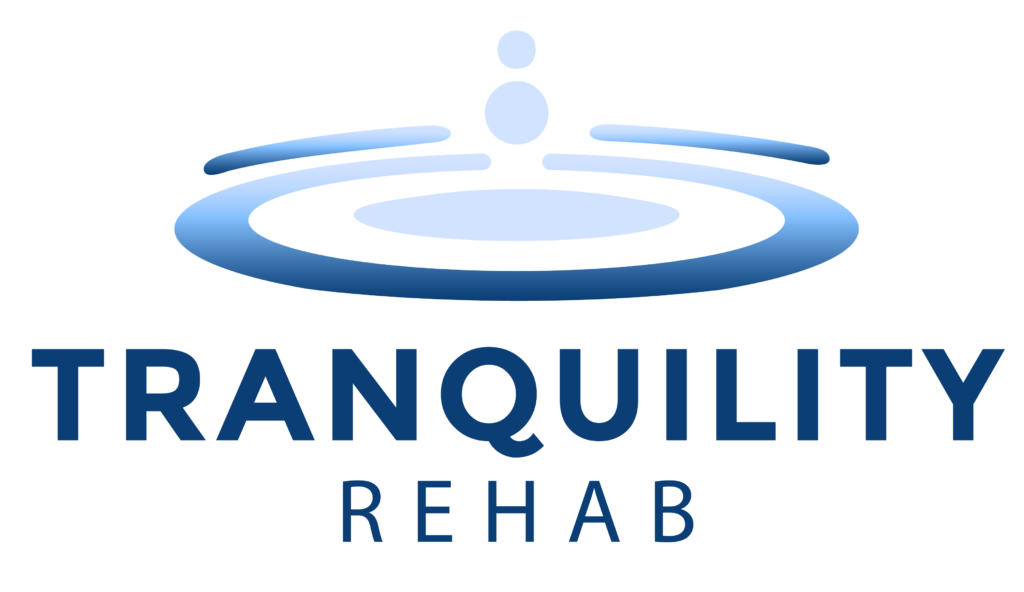Alcohol is widely consumed around the world, often enjoyed in social settings, and considered a part of many cultural traditions. Despite its popularity, alcohol has strong effects on the body and the central nervous system (CNS). While some people can handle drinking without issues, excessive and long-term alcohol consumption can cause neurological harm, impacting everything from basic motor skills to complex thinking processes.
It’s essential to understand how alcohol affects the CNS in cases of alcohol use disorder (AUD), which affects millions globally. The brain, being the core of the system, is highly susceptible to alcohol effects, resulting in short-term impairments and lasting damage. These impacts do not only harm well-being but also present challenges for public health due to widespread alcohol use.
Alcohol’s Impact on the CNS in the Short-Term
Apart from the euphoria, alcohol’s short-term effects on the CNS can worsen with continued use. When a person becomes highly intoxicated, alcohol starts to impair functions like memory, speech, and coordination. Memory lapses or blackouts are short-term outcomes of drinking, indicating how alcohol disrupts the hippocampus, the brain region responsible for creating new memories. This memory disruption poses a risk during alcohol intoxication as it can lead to reckless behaviors that the individual may not remember later.
Alcohol also suppresses the activity of the medulla, which is part of the brainstem regulating bodily functions such as breathing, heart rate, and body temperature. Excessive alcohol consumption can result in conditions like alcohol poisoning when these vital life support systems are jeopardized at dangerously high levels.
When it comes to the long-term impact on the CNS, chronic alcohol consumption can result in lasting harm to the brain and nervous system. This can lead to conditions like alcohol-induced neuropathy, brain shrinkage, and cognitive decline. For example, alcohol-induced neuropathy occurs when prolonged exposure to alcohol damages nerves, causing symptoms such as pain, tingling sensations, and weakness in the limbs.
Moreover, persistent drinking is linked to brain shrinkage in areas for memory, learning, and executive function. This shrinkage can lead to impairments to those found in neurodegenerative diseases like Alzheimer’s.
Moreover, prolonged alcohol misuse can disturb the creation and control of neurotransmitters, resulting in lasting alterations in brain chemistry that contribute to mood disorders, anxiety, and depression. These changes in brain function can make it harder for people to manage their activities and often worsen the addiction cycle as they may rely on alcohol to ease these symptoms, further perpetuating the harm.
Alcohol’s Impact on CNS Damage
When someone with an Alcohol Use Disorder (AUD) stops drinking alcohol, their nervous system reacts strongly due to its prior adaptation to alcohol presence. This reaction triggers a range of withdrawal symptoms, which can vary in intensity depending on the level of alcohol dependency. The central nervous system plays an important role in causing these symptoms as they stem from the brain’s efforts to restore its balance after being altered by prolonged alcohol use.
Withdrawal symptoms associated with alcohol can include feelings of anxiety, tremors, seizures, and hallucinations. These signs indicate challenges faced by the nervous system in readjusting its equilibrium. In extreme instances, individuals may face delirium tremens (DTs), a condition marked by extreme restlessness, confusion, rapid heartbeat, and high blood pressure.
The severity of withdrawal symptoms often depends on the extent of damage to the nervous system caused by prolonged alcohol consumption. The greater the damage, the more intense the withdrawal symptoms are expected to be. This association emphasizes the importance of detox programs to handle these symptoms and lower the chances of complications during withdrawal.
The interaction between CNS damage and alcohol dependency sets up a cycle that’s hard to break. As alcohol continues harming the CNS, individuals may face worsening physical issues like memory problems, trouble focusing, and impaired movement abilities. These issues might push individuals to drink more to cope with the effects of CNS damage or treat mental health problems exacerbated by alcohol.
Breaking free from this cycle of addiction and harm can be challenging without comprehensive treatment addressing both psychological aspects of alcohol use disorder.
Understanding the influence of alcohol on the nervous system is essential for creating successful treatment approaches that not only assist individuals in quitting drinking but also aid in the restoration and healing of their nervous system.
Tranquility Rehab Address Alcohol’s Impact on the CNS
Tranquility Rehab is an addiction treatment center that specializes in helping individuals recover from alcohol use disorder (AUD) and the resulting damage to the central nervous system. We understand that alcohol addiction goes beyond dependence, impacting the brain significantly. Tranquility Rehab offers treatment programs that target the neurological aspects of addiction. Our approach is based on proven practices and a solid dedication to care, ensuring each patient gets tailored support for lasting recovery.
Moreover, Tranquility Rehab underscores the significance of lifestyle adjustments that enhance brain health, such as engaging in physical activity, maintaining a nutritious diet, and utilizing stress management techniques.
Tranquility Rehab supports patients in caring for their CNS by giving them the tools and knowledge to rebuild their lives and achieve long-term recovery. The emphasis on addressing alcohol-related CNS damage highlights the importance of considering the impacts of alcohol use disorder within a recovery approach. By offering care that focuses on healing the brain and nervous system, Tranquility Rehab not only aids individuals in attaining sobriety but also empowers them to take back control of their lives and futures. Our programs include detox services and residential drug rehab programs.
For those battling alcohol addiction, Tranquility Rehab provides hope and assistance for recovery and a healthier, more fulfilling lifestyle.


